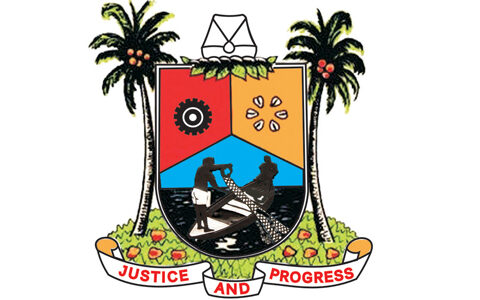World Trade Organisation (WTO), and the World Bank, have warned that Nigeria’s weak infrastructure and regulatory gaps could prevent the country from unlocking the potential of the billion dollar digital economy.
According to them, weak broadband infrastructure and regulatory gaps may stymie the country’s potential to ride the digital wave.
The WTO’s stern warning came via a new report jointly carried out by its Secretariat and the World Bank, released under the Digital Trade for Africa project.
The report, assessed Nigeria alongside five other countries; Benin, Côte d’Ivoire, Ghana, Kenya, and Rwanda and identified opportunities and challenges in building competitive digital trade systems.
The report praised Nigeria for progress in expanding digital infrastructure, but warned that internet access remains highly uneven, particularly between urban and rural areas.
According to the WTO report, “expanding fibre optic infrastructure and enhancing last-mile connectivity are crucial to bridging Nigeria’s urban-rural divide and fostering a more inclusive digital economy and strengthening competition in the telecommunications sector could further drive affordability and service quality for consumers and businesses.”
The Digital Trade For Africa joint project, co-authored by Antonia Carzaniga from the WTO and Nigorakhon Sadikova and Martín Molinuevo from the World Bank, highlighted the central role of Nigeria’s services sector, particularly digitally delivered services, in driving economic growth.
“Between 2019 and 2021, Nigeria’s exports of digitally delivered services experienced sharp fluctuations, with financial and insurance services showing notable declines. However, since 2021 exports across all major service sectors have grown steadily, signaling Nigeria’s increasing integration into global digital markets.”
While Nigeria continues to lag behind Ghana in digital trade, the report found that it has outperformed several other ECOWAS countries, underscoring the strength of its long-term potential.
Nigeria has undertaken important international commitments in digital trade. It ratified the WTO’s Trade Facilitation Agreement, TFA, and made General Agreement on Trade in Services, GATS, commitments in sectors such as telecommunications.
It is also a participant in two ongoing WTO rule-making initiatives: The Agreement on Electronic Commerce, which “aims to foster an enabling environment for cross-border digital trade.”
The Investment Facilitation for Development Agreement, designed “to improve the investment and business climate, making it easier for investors in all sectors of the economy, including digital trade, to operate and expand.”
But the report cautioned that Nigeria has “not bound its trade regime for other key digital trade-enabling services, such as computer, distribution, or postal services,” and has “not eliminated tariffs on information technology goods under the WTO’s Information Technology Agreement, ITA.”
Follow us on all social media platforms @dailyquery for news and analyses around the globe.



























